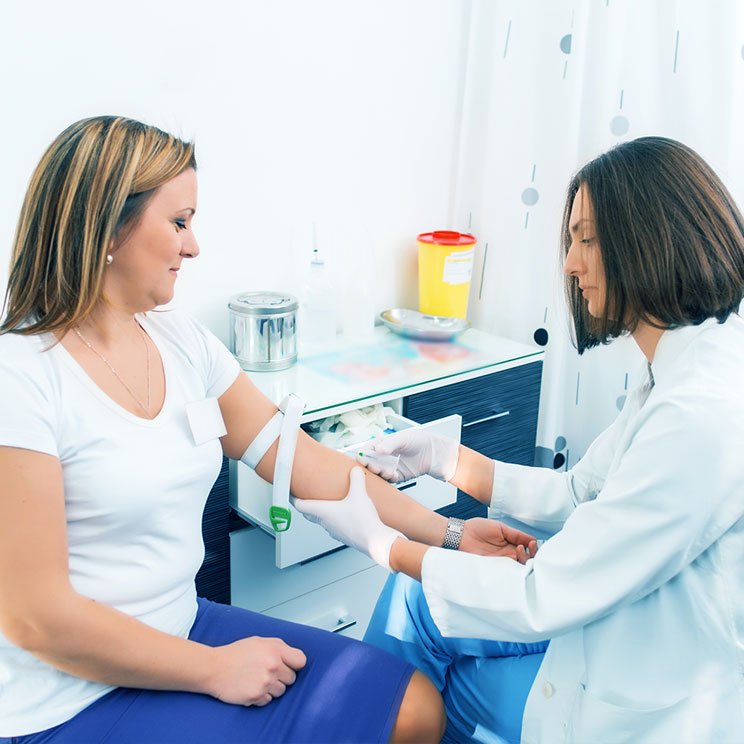**Title: Phlebotomy Exam Review: Tips for Success**
**Introduction:**
Preparing for a phlebotomy exam can be a daunting task, but with the right strategies and resources, you can increase your chances of success. This article will provide you with a comprehensive review of what to expect on a phlebotomy exam, along with helpful tips to help you ace it with ease. Whether you are a student studying for a certification exam or a healthcare professional looking to refresh your knowledge, this article is for you.
**Understanding the Phlebotomy Exam:**
A phlebotomy exam is designed to test your knowledge and skills related to the practice of drawing blood for medical testing and transfusions. The exam typically covers a wide range of topics, including anatomy and physiology, medical terminology, infection control, and blood collection techniques. It may also include practical components such as performing venipuncture and handling blood specimens.
**Key Topics to Review:**
To effectively prepare for your phlebotomy exam, it is essential to review the following key topics:
– Anatomy and physiology of the circulatory system
– Medical terminology related to phlebotomy
– Blood collection techniques and equipment
– Safety and infection control protocols
– Patient identification and specimen handling
– Quality assurance and compliance with regulations
**Tips for Success:**
Here are some valuable tips to help you succeed in your phlebotomy exam:
1. Create a study schedule: Allocate specific time each day to review different topics and practice sample questions.
2. Utilize study guides and resources: Invest in study materials such as textbooks, online courses, and practice exams to enhance your understanding.
3. Practice hands-on skills: If possible, practice venipuncture techniques on a dummy arm or volunteer at a local clinic to gain practical experience.
4. Take breaks and stay hydrated: Remember to take regular breaks while studying and stay hydrated to maintain focus and concentration.
5. Seek support from peers and instructors: Join study groups or online forums to exchange knowledge and tips with other students and seek guidance from experienced phlebotomists.
6. Review exam requirements: Familiarize yourself with the format, time limits, and scoring criteria of the exam to avoid surprises on test day.
**Benefits of Passing the Phlebotomy Exam:**
– Increased job opportunities: Achieving phlebotomy certification can open doors to a variety of healthcare settings, including hospitals, clinics, and laboratories.
– Higher salary potential: Certified phlebotomists often earn higher salaries than non-certified professionals due to their advanced skills and knowledge.
– Professional recognition: Certification demonstrates your commitment to excellence and professionalism in the field of phlebotomy, earning the trust and respect of employers and colleagues.
**Conclusion:**
preparing for a phlebotomy exam requires dedication, focus, and strategic planning. By following the tips outlined in this article and thoroughly reviewing key topics, you can boost your confidence and performance on test day. Remember, success in phlebotomy exams is not only a reflection of your knowledge but also your dedication to providing safe and accurate patient care. Good luck on your exam!
Incorporate these tips into your study routine, and you will be well on your way to passing your phlebotomy exam with flying colors. Thank you for reading this comprehensive review, and best of luck on your phlebotomy journey!
